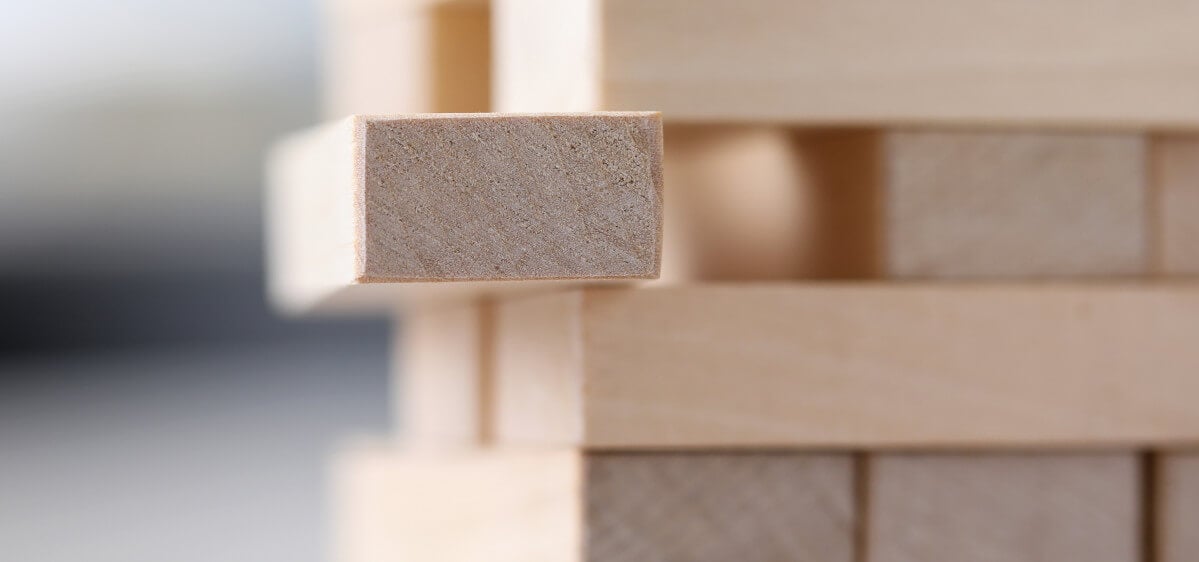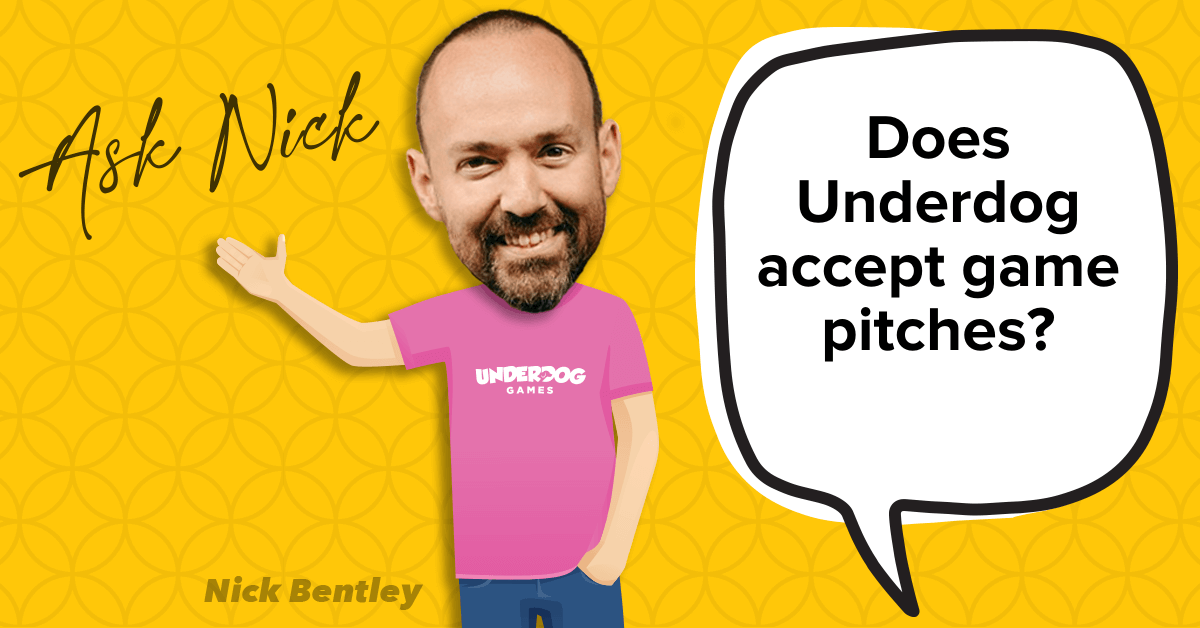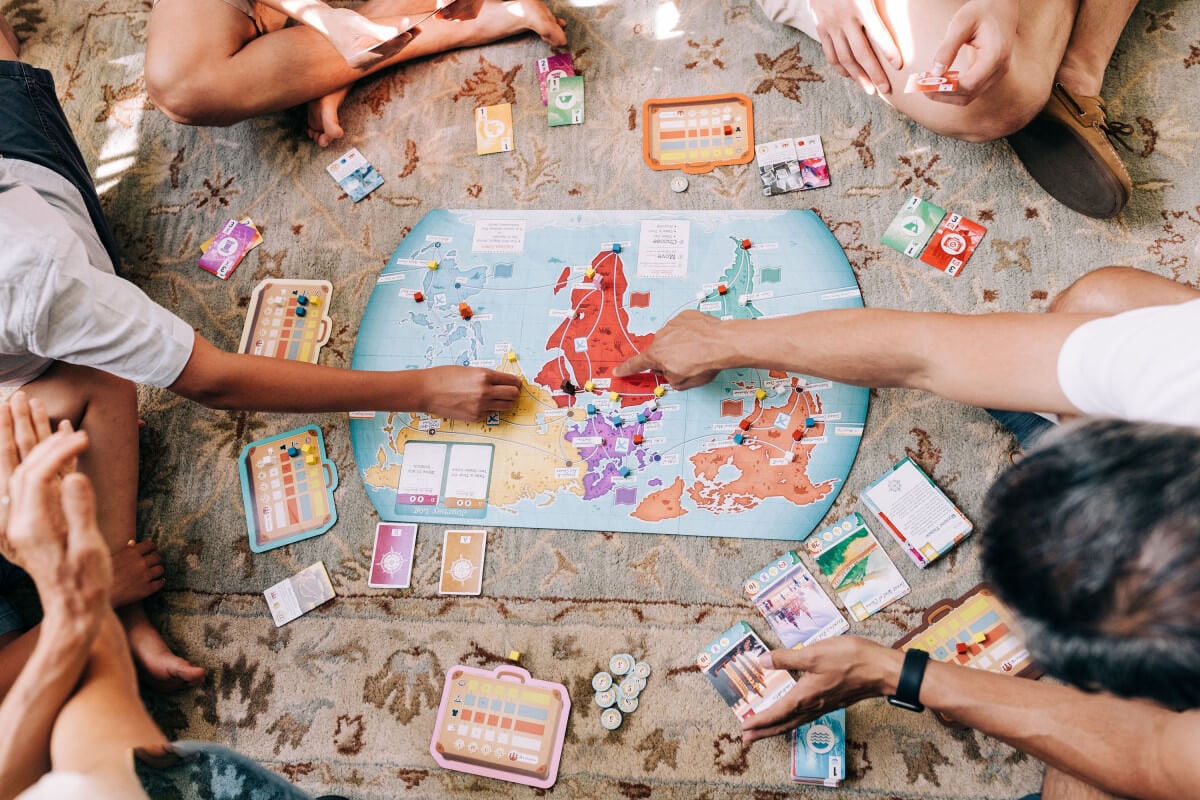Games are different things to different people. This causes a problem for a game publisher like us: If we make a game that does X, but you want a game that does Y, our game could be great, but it might disappoint you anyway.
It’s vital to us that, if you spend money on anything we make, you don’t feel you’ve wasted it. Every game has environmental and pocketbook impacts, and it’s our duty to make those impacts worth it. That can only happen if the games you buy from us are right for you.
To that end, I want to take a moment to share our approach to how we make a game. While not every game we make will be right for you and your family, I hope this gives you a deeper look at what we’re trying to do.
We want our games to meet customers’ needs.
We’ve adopted an approach to creating great experiences for our customers called Jobs to Be Done (This is an approach explained in the book Competing Against Luck.) It’s a fiercely customer-first approach to understanding the needs of others, and how to make things that satisfy those needs. We continuously conduct interviews with customers not to get game ideas directly, but to deeply understand the roles games play in their lives. Armed with that knowledge, we can build and constantly improve models for how to build games that fill those roles.
That said, we want each of our game to do four different jobs:
Help celebrate passions. We try to develop games with themes that people already love. Themes that people already know they love.
Help create amazing gifts. Gifts are special. A great gift can make the giver and receiver feel closer to one another. We want to make games that feel special in the way they need to feel to serve that purpose.
Help people bond. When you’re playing a game, what’s more important to you: the game, or the people playing the game? There’s no wrong answer, but it’s important that a publisher makes its own answer clear, because it will strongly determine the kinds of games it makes. Our answer is: the people. That means we make games that don’t feel too cutthroat or draining, so the players have lots of attention and energy to direct at their friends and family around the table.
Make games that have something for both gamers and non-gamers. When a group of people sit down to play a game, it often happens that not everyone at the table has the same level of experience or skill. We try to make games that work for everyone at the table even when everyone at the table is different. That requires striking a tricky balance between strategy and ease of play.
We're always looking for ways to make games better.
Though we spend a lot of time thinking about, creating, and testing games, we actually spend a lot more time researching, debating, and looking at games from every possible angle in effort to make them better. Some of the best games I’ve had the honor of working on have gone through 100+ versions before being truly ready.
Over the years, people have pitched me thousands of game ideas. I’ve come up with tons of ideas of my own as well. Here’s a look at our wish list of must-haves when we make a game. When we’re able to do all of these, we know we’re on the right track.
- The game has to be about a fascinating, inspirational, or aspirational subject. If it’s all three, even better.
- The game title and the box cover has to be appealing to both 10-year-olds and non-gamer family members.
- Games need to be on topics that people want to share. This is especially great if it’s something parents would be eager to share with their kids.
- Games should find ways to emotionally connect the players to the theme.
- We want our games to honor their themes by including lots of interesting/enlightening information about those themes. This information must be deeply researched and vetted to within an inch of its life.
- Games need to be easy enough for non-gamers to learn, yet interesting enough for those who play a lot of games.
- Games should bring players together, not divide them.
- These are important guidelines we try to follow, but not ironclad law. By putting ourselves in the shoes of our customers, it really does help us make engaging games.
What about strategy?
This is a big consideration, as we make a lot of strategy games, and we have to sculpt strategy exactly right to create games that appeal to both gamers and non-gamers.
As we create new games, we try to have a mix of about 70/30 or 60/40 of skill vs. luck. Plenty of games are driven heavily by either luck or skill, but we want a balance.
For instance, we never want to create a game where you quickly fall so far behind that you don’t feel like you can make a comeback or compete with the other players. Also, we want to design games where all players feel consistently involved.
We don’t claim to be experts at making games. In fact, we suspect that believing in our own expertise is the first step to failure, because it’ll keep us from trying to understand what we don’t understand. But we do enjoy sharing our current understanding anyway. Thanks for reading.
If you ever want to share your ideas or suggestions with us, we have a spot for you to do that here. If you want to join our playtesting group to be one of the first to play our prototype games, you can do that here.





